Finding the right hobbies and activities for children with autism can significantly enhance their development, well-being, and overall quality of life. Engaging in hobbies can provide a sense of accomplishment, improve social skills, reduce anxiety, and even help with sensory processing challenges. It’s crucial to choose activities that align with a child’s interests, strengths, and needs.
Without further ado, here are the hobbies and activities that are particularly beneficial for autistic children.
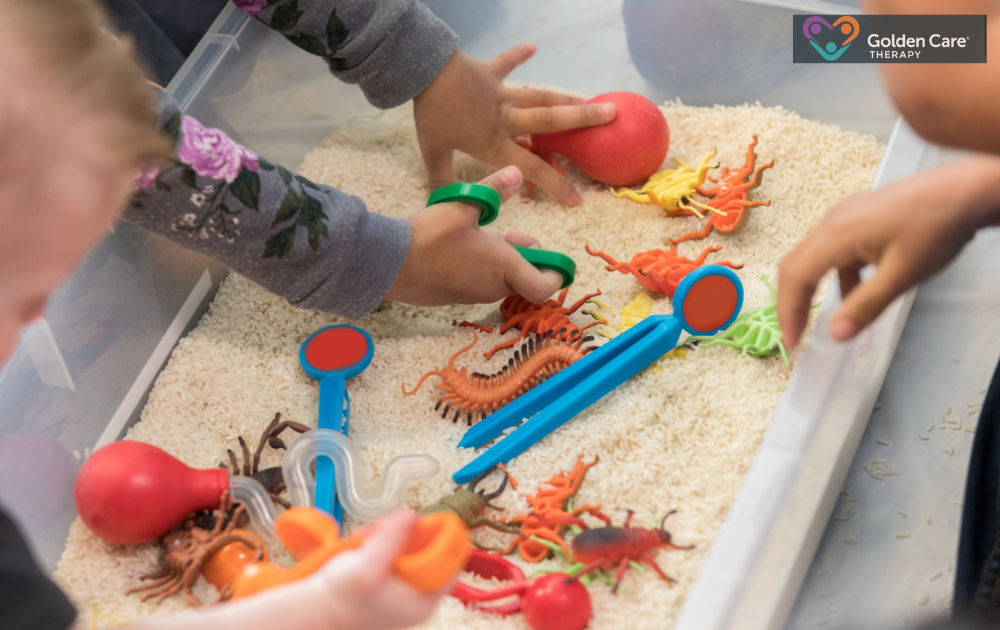
Sensory Play
Sensory play is an excellent hobby for children with autism as it helps them explore their senses in a controlled and enjoyable way. Activities like playing with kinetic sand, water beads, or slime can be both calming and stimulating, offering a safe outlet for sensory exploration.
These activities can enhance fine motor skills and hand-eye coordination while providing a soothing effect that can help manage anxiety and sensory overload. Sensory play is highly adaptable, allowing parents and caregivers to tailor the activities to their child’s preferences and sensory needs.
Art and Crafts
Art and crafts offer a fantastic avenue for creative expression and can be incredibly therapeutic for children with autism.
Activities such as drawing, painting, and sculpting with clay enable children to express their thoughts and emotions non-verbally, which can be particularly beneficial for those who struggle with verbal communication. Art projects also help improve fine motor skills, concentration, and attention to detail.
The process of creating art can be both relaxing and rewarding, fostering a sense of accomplishment and boosting self-esteem.
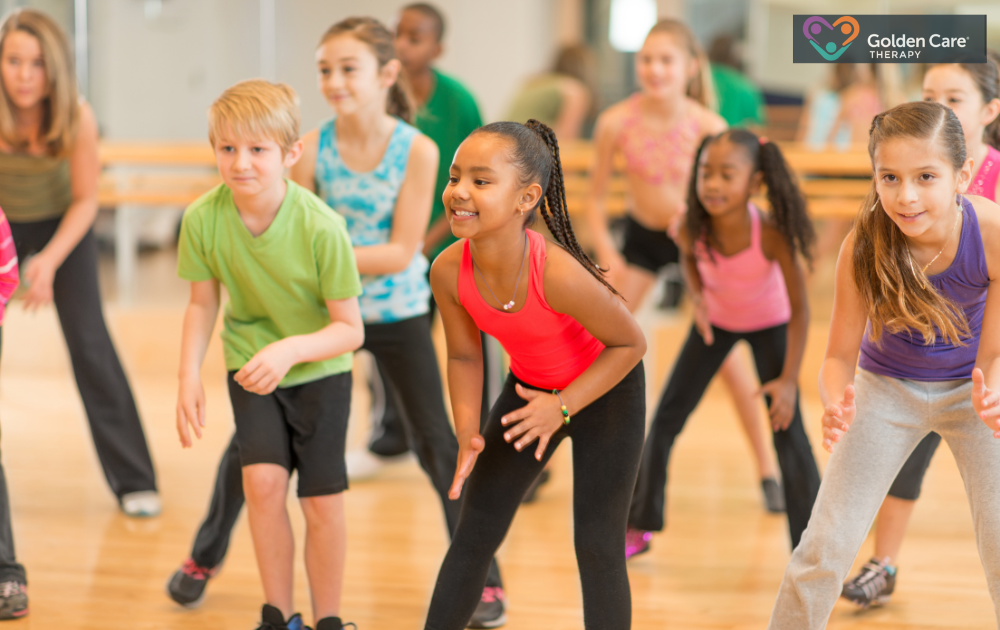
Music and Dance
Music and dance are powerful tools for engaging children with autism. Listening to music, playing instruments, or participating in dance can improve auditory processing, motor skills, and social interactions.
Music therapy has been shown to enhance communication skills and emotional expression in children with autism.
Dancing, on the other hand, offers a fun way to improve coordination, rhythm, and body awareness. Group music or dance classes can also provide opportunities for socialization and teamwork, helping children build friendships and learn cooperative skills.
Outdoor Activities
Spending time outdoors and engaging in activities such as hiking, biking, or simply exploring nature can be incredibly beneficial for children with autism. The natural environment offers a sensory-rich experience that can be both calming and stimulating.
Activities like gardening can teach responsibility and patience while providing a tactile experience that many children find enjoyable.
Physical activities such as running or playing on playground equipment can improve gross motor skills, strength, and overall physical health. The open space and fresh air can also help reduce stress and anxiety, promoting a sense of well-being.
Swimming
Swimming is an excellent physical activity for children with autism. The buoyancy of water provides a unique sensory experience that can be calming and enjoyable. Swimming helps improve motor skills, coordination, and muscle strength. The repetitive nature of swimming strokes can also have a soothing effect, helping to manage anxiety and sensory overload.
Additionally, swimming can be a social activity, offering opportunities for children to interact with peers in a structured and supportive environment.
Animal-Assisted Activities
Interacting with animals can have a profound impact on children with autism. Activities such as horseback riding, dog training, or visiting a petting zoo can help improve social skills, reduce anxiety, and provide a sense of companionship.
Animal-assisted therapy has been shown to enhance emotional regulation, communication skills, and overall well-being. The bond between a child and an animal can be incredibly therapeutic, offering unconditional love and acceptance.
These activities also encourage responsibility and empathy, as children learn to care for and interact with animals in a gentle and respectful manner.
Reading and Storytelling
Reading and storytelling offer a wonderful way to engage a child’s imagination and improve language skills. For children with autism, these activities can enhance vocabulary, comprehension, and communication abilities.
Reading together can also strengthen the bond between a child and their caregiver, providing a comforting and enjoyable routine. Storytelling allows children to express their creativity and practice narrative skills, which can be beneficial for both verbal and non-verbal communication.
Books that cater to the child’s interests can make reading an enjoyable and motivating experience.
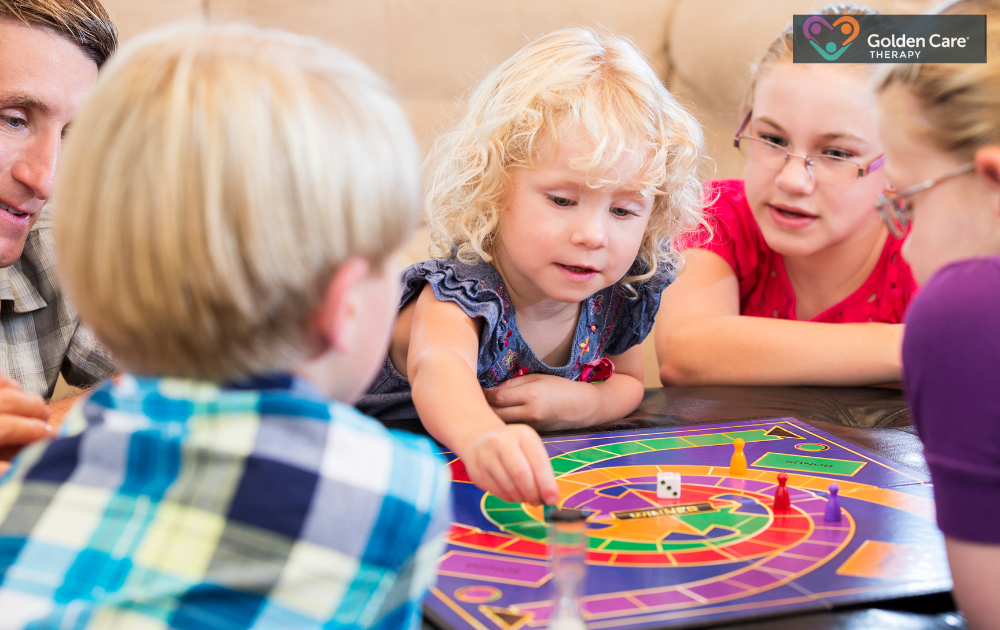
Puzzles and Board Games
Puzzles and board games are excellent for developing cognitive skills, patience, and strategic thinking. For children with autism, these activities can offer a structured and predictable form of play that is both challenging and rewarding.
Puzzles help improve fine motor skills, hand-eye coordination, and problem-solving abilities. Board games provide opportunities for social interaction, teaching children about turn-taking, following rules, and cooperating with others.
Besides, these games can be adapted to suit the child’s developmental level and interests, making them a versatile and enjoyable hobby.
Martial Arts
Martial arts such as karate, judo, or taekwondo can be highly beneficial for children with autism. These activities promote physical fitness, coordination, and discipline. Martial arts training also helps improve focus, self-control, and confidence. The structured environment and clear rules of martial arts classes can be particularly appealing to children who thrive on routine.
Additionally, martial arts can provide opportunities for social interaction and teamwork, helping children build friendships and learn cooperative skills. The physical activity and mental discipline involved in martial arts can also help reduce anxiety and improve emotional regulation.
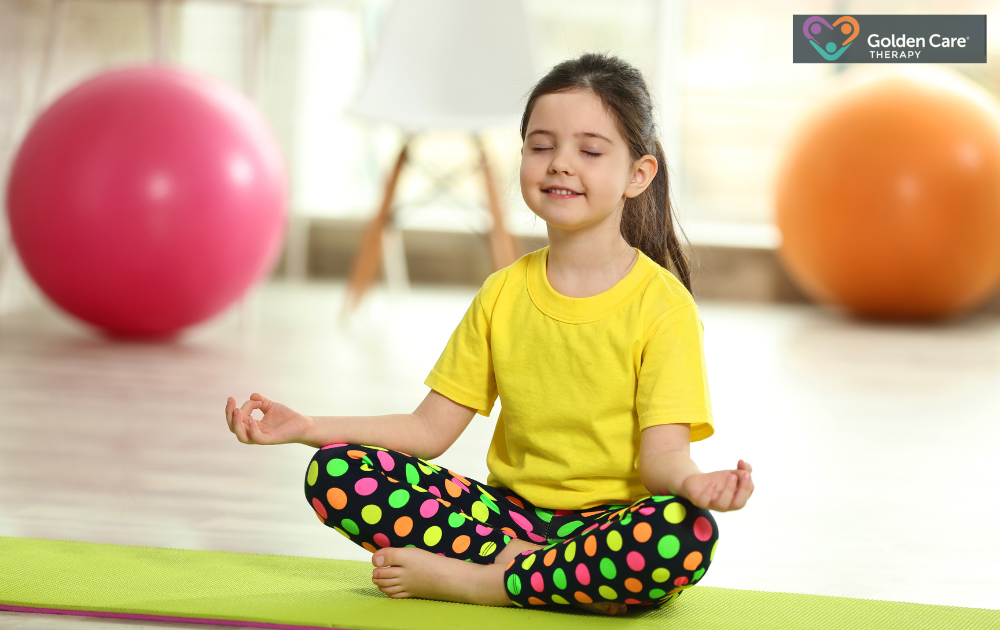
Yoga and Mindfulness
Yoga and mindfulness practices can be very beneficial for children with autism. These activities promote relaxation, body awareness, and emotional regulation. Yoga poses help improve flexibility, strength, and coordination, while mindfulness exercises teach children how to focus on the present moment and manage stress.
Yoga and mindfulness can be practiced individually or in group settings, offering opportunities for social interaction and teamwork. These practices can also be easily adapted to suit the child’s developmental level and sensory preferences, making them accessible and enjoyable for children with autism.
Playing Musical Instruments
Learning to play a musical instrument can be a highly rewarding hobby for children with autism.
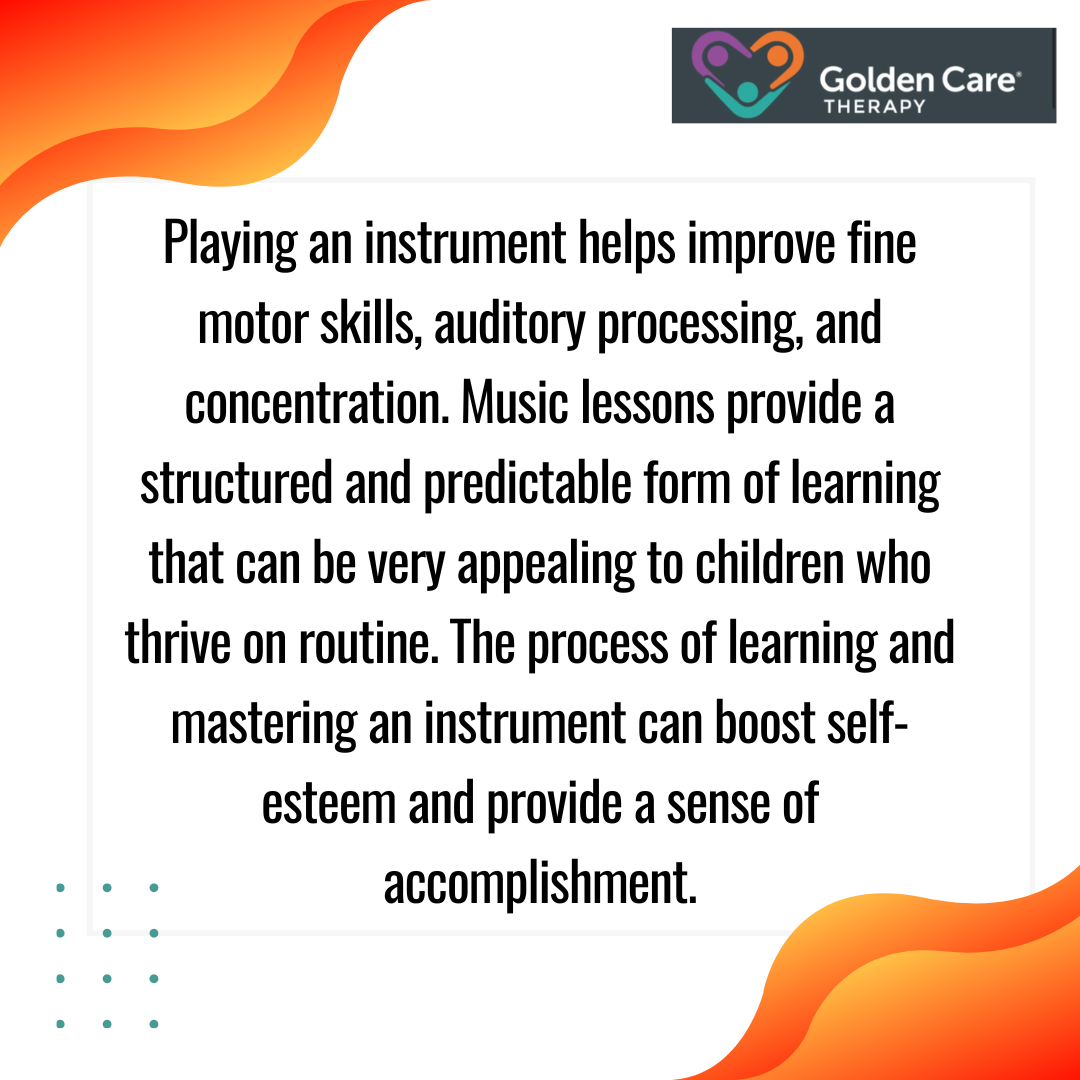
Additionally, playing music can be a social activity, offering opportunities for children to perform in front of others, join a band or orchestra, and interact with peers who share similar interests.
Gardening
Gardening is a wonderful hobby that offers numerous benefits for children with autism. It provides a hands-on, sensory-rich experience that can be both calming and stimulating. Gardening activities help improve fine motor skills, hand-eye coordination, and understanding of the natural world.
The process of planting seeds, tending to plants, and watching them grow can be very rewarding, offering a sense of responsibility and accomplishment. Gardening also provides opportunities for physical activity and outdoor exploration, promoting overall health and well-being.
Let Your Child Have Fun!
Engaging children with autism in hobbies and activities that align with their interests and strengths can significantly enhance their development and quality of life. Whether through sensory play, art and crafts, music and dance, or any other activity, these hobbies provide valuable opportunities for skill development, social interaction, and emotional regulation.
Understanding and supporting the unique needs of each child allows parents and caregivers to help them discover the joy and fulfillment that come from pursuing their passions and interests.
Meanwhile, if you need specialized ABA therapy in New York City, Indiana, New Jersey, Georgia, and Florida, consider reaching out to Golden Care Therapy. Contact us today to learn more about how we can support your child’s development and well-being.
Sources:
https://www.dixonpilot.com/2023/06/28/fun-hobbies-that-can-help-children-with-autism
https://www.verywellhealth.com/hobbies-activities-autistic-child-260365
https://psacademyarizona.com/blog-posts/8-fun-hobbies-and-activities-for-kids-with-autism
https://www.forbrain.com/autism-learning/activites-for-children

